Noni is a little-known fruit about the size of a potato. If you've ever held one in your hands, you'll have noticed that its smell is particularly unpleasant. In terms of appearance, it is a light green colour with a whitish interior. Noni's scientific name is Morinda Citrifolia. Noni was originally known as «nono» or «dog-apple», and traces of its consumption can be traced back several centuries. Although it was not popularised and marketed until the 1990s, the benefits of Noni have been known for a long time. It would appear that the roots, leaves and bark of the tree from which this fruit comes have been used for several thousand years, also for their impressive medicinal virtues. In all, more than forty remedies are thought to have been concocted from this simple plant thousands of years ago. At the time, most people consumed Noni as leaves, bark or roots, but today it can be found in juice form, making it considerably easier to consume. Among the most important elements in Noni's composition is xeronine. This chemical compound, also found in pineapple, is thought to have a positive effect on the body. It would appear that xeronine has the ability to strengthen the structure of our cells and concentrate the energy found in the water in our bodies. To combat bacterial, viral, parasitic or fungal infections; prevent the formation or proliferation of tumours; relieve rheumatism and arthritis; treat menstrual disorders. External use: treatment of wounds, sores and inflammation. There is insufficient data to suggest a dosage for traditional uses and for claims of new uses of extracts and juice of Noni that are commercially available. The Polynesians are thought to make a medicinal use of noni for over 2,000 years. Traditionally, all parts of the plant have been used: leaves, roots, bark, flowers and fruit. Some forty traditional remedies containing one or other part of the plant have been identified. The external uses include mainly the treatment of wounds, sores and inflammation. The internal use are very varied: rheumatism, arthritis, menstrual disorders, sore throats, diarrhoea, cancer, stimulation of the immune system, bacterial, viral, parasitic or fungal infections, etc. . Although ripe noni fruit has an unpleasant odour, several European explorers reported that Polynesians ate it, especially in times of famine.
All noni juice distributors claim, on their websites or advertising leaflets, that their product can relieve or cure numerous illnesses such as cancer and diabetes, not to mention hypertension, allergies, migraines, Alzheimer's disease, fibromyalgia, arthritis and obesity... None of these claims is based on high-quality clinical data.
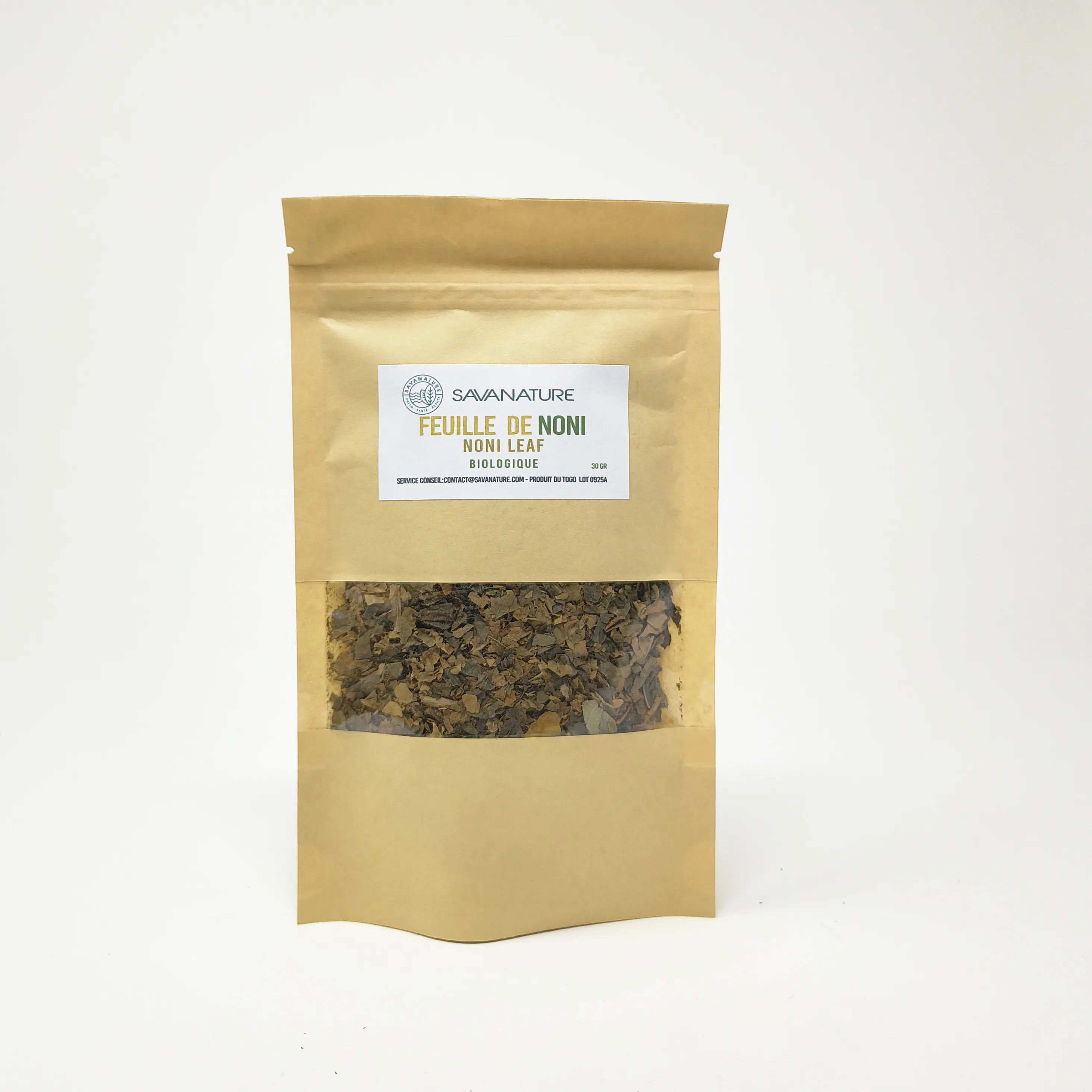
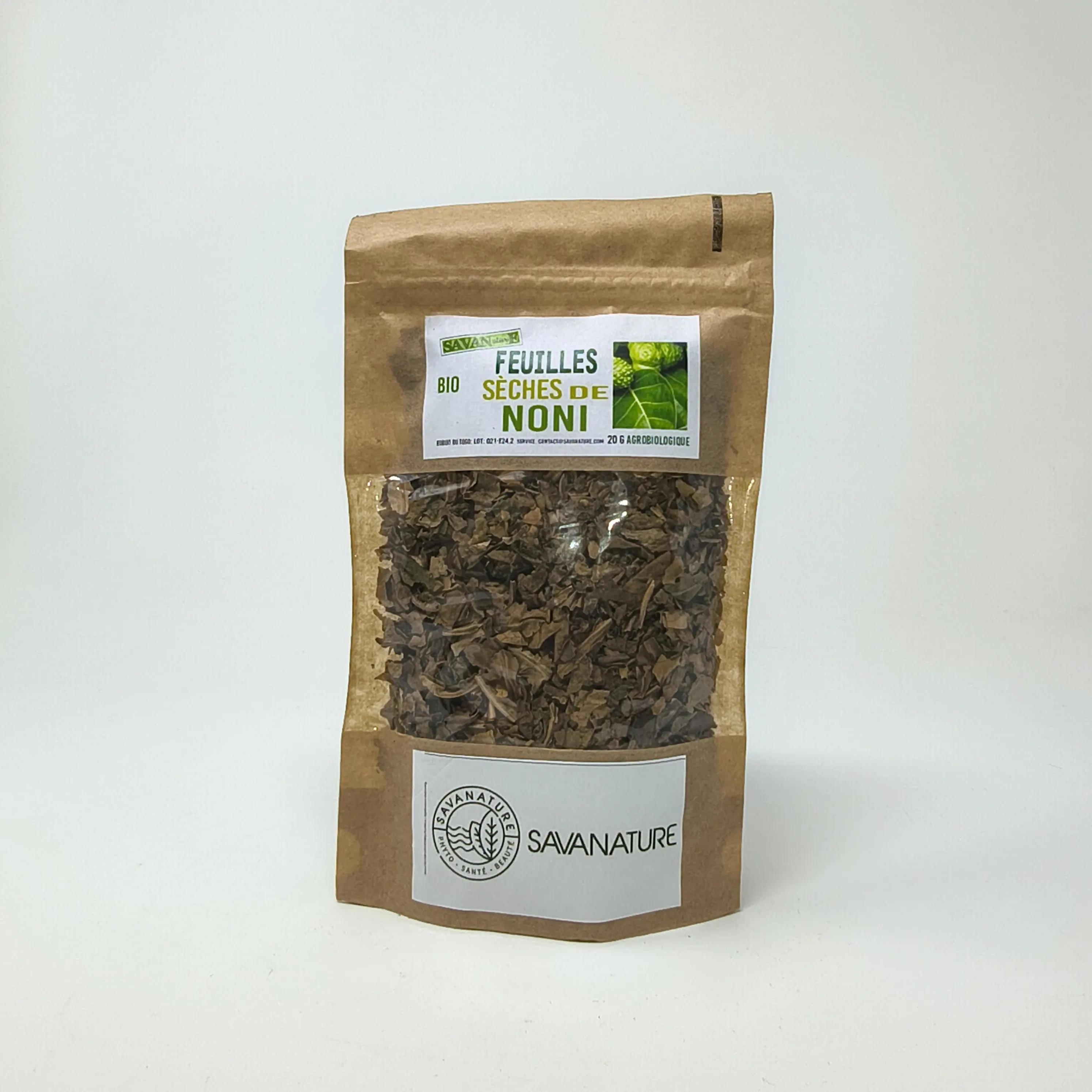
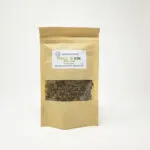
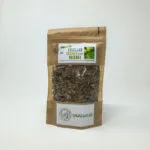
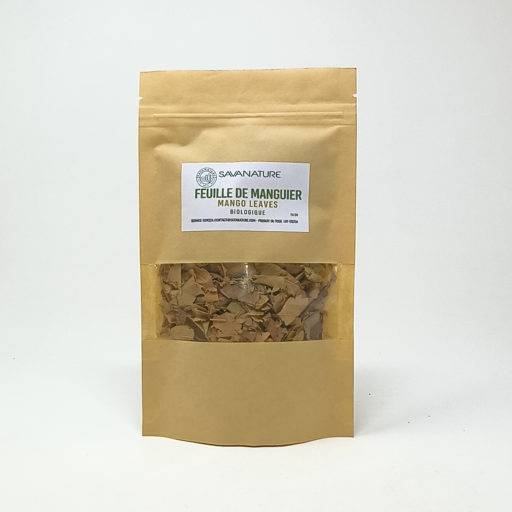
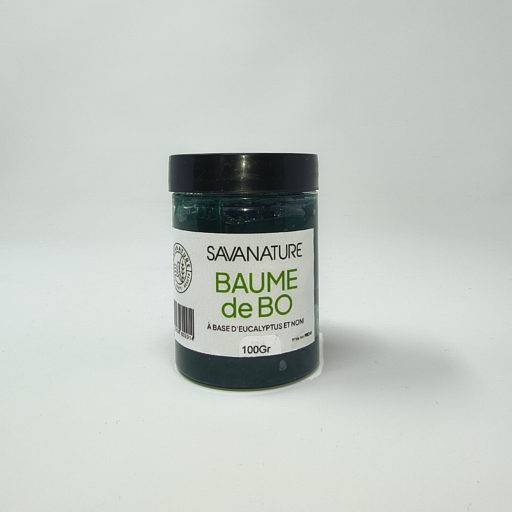
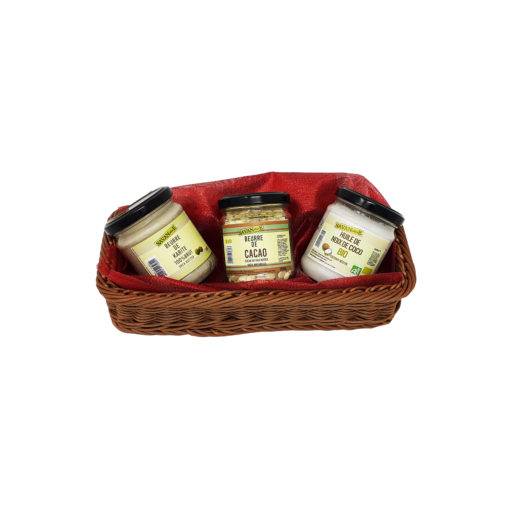
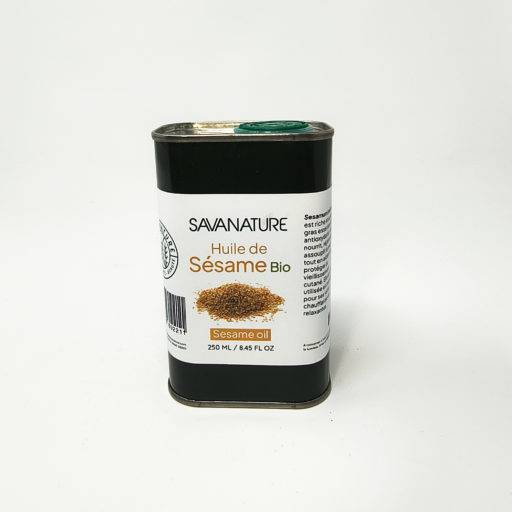
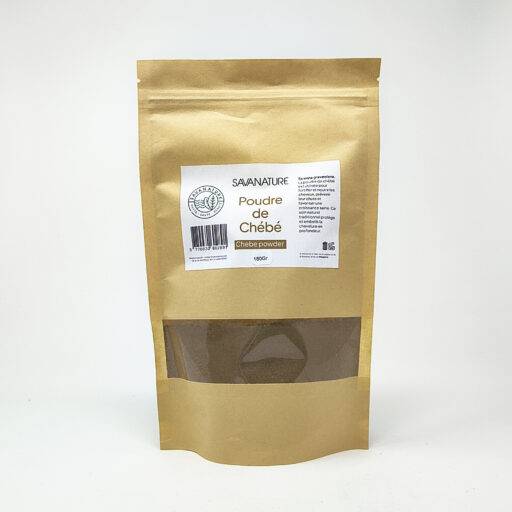
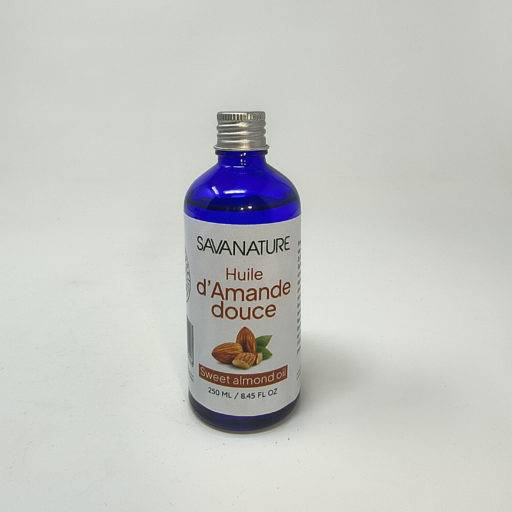
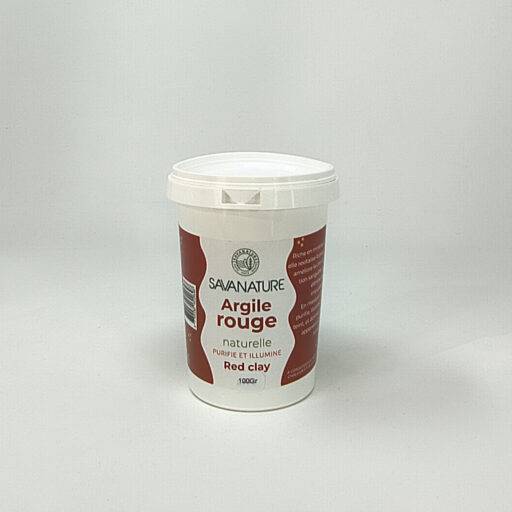
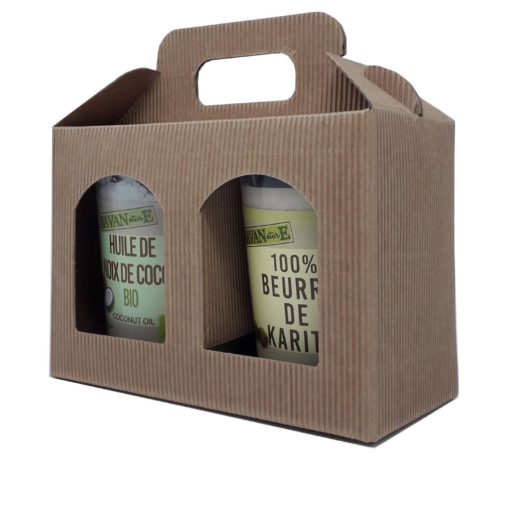
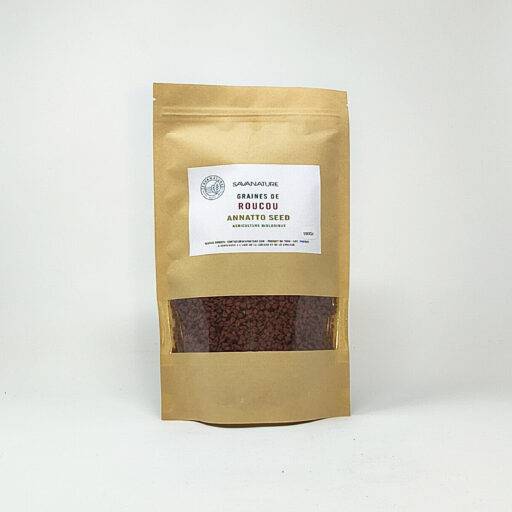
Reviews
There are no reviews yet.